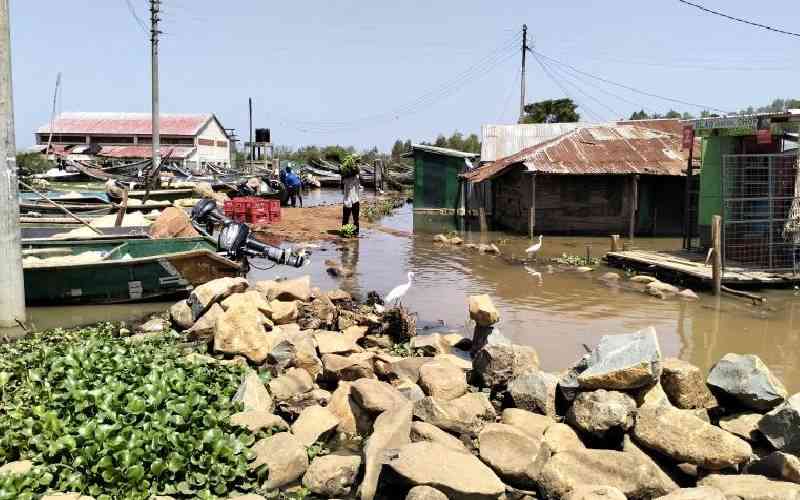×
The Standard e-Paper
Smart Minds Choose Us

African negotiators have cautioned on shifting dynamics in negotiation processes ahead of the 60th session of the UN Climate Change subsidiary bodies.
The group's lead coordinators met to strategise for the session that starts in Bonn, Germany, from tomorrow.